Turkey has a deep interest in the Horn of Africa and considers it as the gate to the East of the continent. Since 2011, Turkey has increased its humanitarian aid to Somalia, signed military and economic agreements and contributed to the process of state-building through allowing its companies to construct infrastructure, schools, hospital, and governmental premises. In 2017, Turkey has opened the largest military base, known as TURKSOM, beyond its borders to fully qualify the Somali army to deter the threat arising from the Al-Shabab movement that has been designated as a terrorist organization by the United States (U.S.) since 2008.
In February 2024, Turkey signed significant military and economic agreements with Somalia, allowing it to a key player in the politics of Horn of Africa. According to the 10-year pact, Turkey will help Somalia to defend its maritime against piracy, smuggling, and foreign intervention from Ethiopia. Turkey is also obliged by the terms of this agreement to train and rebuild the Somali naval forces. The process of rebuilding includes weaponizing the Somali naval forces with Turkish weapons manufactured locally. These weapons include frigates built mainly for the Somali navy, which means that the Turkish military exports will witness an increase of demand on its products in the forthcoming years. This would motivate other countries to buy Turkish weapons, especially if Turkish weapons proved its efficiency in securing Somali maritime. These agreements also enable Turkey to work on extracting natural resources from the Somali territorial water in return for an agreed-upon percentage for Turkey. Some reports revealed that Turkey will receive 30% of the revenues of the Somali economic zone. Somali airspace will also be fully opened for Turkish military use. This analysis explores Turkish motivations of signing this agreement and the challenges that it might confront while implementing it.
Why now?
Ethiopia is known of being a landlocked country, and it has always sought to have access to the red sea for commercial and military purposes. In January 2024, Ethiopia has taken a controversial step through signing a MoU with the unrecognized self-declared republic of Somaliland. According to this agreement, Ethiopia would lease a Somali port on the red sea in return for Ethiopian recognition of the Somaliland as an independent country. The federal government of Somalia condemned this agreement and considered it illegal and a threat to the integrity and unity of Somalia. As a result, Somalia quickly signed a defence and economic agreements with Turkey to secure its territorial water from the Ethiopian threat.
Out of many countries that might be interested in having military presence in Somalia, the latter chose Turkey to play that role. This could be rendered to the strong mutual relations between the two countries that have been built since 2011 when Turkey stepped into Somalia, invested, donated money, and opened its largest embassy there. Turkish President Recep Tayyip Erdogan’s visit to Somalia in August 2011 was the first visit from non-African leaders in almost two decades. This visit was accompanied by the biggest humanitarian aid in Turkish history. Turkey has also taken the initiative and organized an emergency meeting for the Organization of Islamic Cooperation and convinced member states to donate 350$ million to Somalia. Humanitarian work has thus introduced Turkey as a reliable ally to Somalia. Turkey also built the largest military base in Somalia in 2017 to help Somalia rebuild its military forces to deter internal threats arising from the Al-Shabab movement. So far, Turkey has trained nearly 16.000 Somali soldiers and conducted 19 confirmed drone strikes against the Al-Shabab movement since 2022. Furthermore, in April 2023, Turkey sold Bayraktar TB2 to Somalia to enhance its efforts of deterring terrorist organization.
Turkish Motives Behind the Agreement
As a rising power, Turkey has tried to present itself as an alternative to western powers through contributing to upholding political systems, fighting terrorism, and supporting allies against their enemies. This was clear in the Turkish intervention in Libya to uphold the Government of National Accord against the forces of the Libyan National Army, and was also evident in the Turkish support to Azerbaijan against Armenia in Nagorno-Karabakh province. Somalia is another arena for Turkey to prove that it can uphold governments of fragile countries, and this may motivate other African countries to gradually increase their dependency on Turkey instead of foreign powers such as France, the UK, and the U.S.
As Turkey considers Somalia its gate to the East of Africa, it seeks to maintain security in the red sea, the strait of Bab El Mandeb, and the Gulf of Aden, so it can ensure that its trade ships will deliver exported products to Somalia without being targeted. As the red sea suffers from military attacks waged by the Houthi group against ships heading to Israel, it became more necessary for Turkey to increase its military presence in this area to guard its ships without the need to depend on European forces operating there.
Turning Somalia into a military client is another reason that pushed Turkey to sign this agreement with Somalia. The global market of weapons is so competitive and it is challenging for rising powers to find markets for their locally manufactured weapons. Most purchasers prefer weapons that have proven their efficiency in wars despite their high prices. However, after signing this agreement, Turkey has become the key player in Somali security, which allows it to sell unlimited amounts of weapons. This is beneficial for Turkey as its weapons will be tested in new geographical area and under different circumstances which may motivate other African countries to buy Turkish-made weapons after examining its role in securing Somali territory. The following line graph shows that Turkish military exports to Somalia has significantly increased since 2011.
Economic motivations have also played a prominent role in pushing Turkey to sign this deal. The Turkish economy is going through challenges with inflation rates reaching 51.8% in August 2024. Turkey consumed around 6% of its GDP on energy imports in 2023. As a result, Turkey has started a wide campaign to locally explore oil and gas fields in the black sea, and has succeeded to identify some fields that would help the country reduce its public expenditures on energy. However, Somalia may help Turkey to cover a large portion of its needs of energy as the country has reserves of 30 billion barrels of oil and gas. According to the deal signed between Somalia and Turkey, the latter will get 30% of the revenue of the Somali economic zone, and this allows Turkey to benefit not only from the Somali oil but also from fishing. According to reports, Somalia loses 500$ million due to illegal fishing alongside its shores. Turkey is responsible for taking over sales and distribution, and this advantageous point will allow Turkey to increase its influence in the global market of oil, especially if this coincides with oil and gas discoveries in the Eastern Mediterranean.
Challenges of Implementation
After signing these agreements, the Turkish influence is expected to be unlimited in Somalia as Ankara can legally deal with the Somali maritime as areas of sovereignty that cannot be contested. Since Somalia signed this agreement in response to the Ethiopian deal with the proclaimed autonomous Somaliland, it is expected that Turkey will work directly to prevent Ethiopia from having access to the red sea, which may lead to the deterioration of relation between Turkey and Ethiopia. This is a challenging point for Turkey as it is the second largest investor in Ethiopia after China, which explains why Turkey would not want deteriorations in its relationship with Ethiopia. Turkey also supplies Ethiopia with drones and supported the Ethiopian Prime Minister Abiy Ahmed’s war in Tigray province. Drawing on this, Turkey’s best option is to convince Ethiopia to suspend or abolish its deal with the Somaliland and negotiate with the federal government of Somalia over leasing a port for economic purposes. Otherwise, Turkey may find itself in direct confrontation with Ethiopia. In case of Ethiopia proceeding in its plans and Turkey does not act accordingly, the Turkish reputation as a reliable ally may be undermined, and this will affect its plans of expansion in other areas of the world. The next map shows countries where Turkey has active military presence.
The Turkish presence in Somalia has already provoked competition with the U.S. that took the initiative to mediate between Somalia and Ethiopia. Molly Phee, the top U.S. diplomat for Africa held meetings in Ethiopia and Somalia to deescalate tensions, hoping to maintain U.S. influence in the region through mediating between the two countries. The U.S. also signed an agreement with Somalia in February 2024 to build up to five military bases for the Somali army. These new bases will be associated with the Somali Danab Brigade which was established with the support of the U.S. in 2017 as a quick reaction force against any insurgency movements in Somalia. As a result, Turkey might find itself obliged to coordinate with the U.S. while conducting airspace and military activities.
Turkish presence in Somalia may be threatened by Al-Shabab movement that may target Turkish interests to force Ankara to take a step back from supporting the federal government. The last thing Al-Shabab movement would want is to see an effective functional government operating in the capital and prioritizing fighting terrorist groups. Somalia has repeatedly accused Ethiopia of supporting Al-Shabab movement. If this claim is true, Ethiopia might keep supporting the movement to challenge Turkish interests.
Usually, countries manufacture or purchase weapons to cover their security needs. When weapons’ producers sign military deals with allies, they do not sell from their reserves and manufacture new weapons for selling purposes. Depending on this, it may be challenging for Turkey to secure the Somali shores while having disputes with Greece in the Eastern Mediterranean. In other words, securing Somali shores may push Turkey to send some if its weapons to Somalia, and this will undermine the Turkish defences against Greece. Similarly, Turkey is conducting some activities to explore gas in the Eastern Mediterranean. Sending some of these ships to Somalia may limit Turkish activities in the same region.
In sum, Somalia has strong relationship with Turkey since 2011. The cooperation between the two countries has been maximized in 2017 when Turkey opened a military base to help Somalia deter attacks from terrorist organizations. Turkey has also signed military agreement to secure the Somali territorial water, which makes Turkey a key player in the politics of the Horn of Africa.
References:
Baez, Kiran. “Turkey Signed Two Major Deals With Somalia. Will It Be Able to Implement Them?” Atlantic Council, June 18, 2024. https://www.atlanticcouncil.org/blogs/turkeysource/turkey-signed-two-major-deals-with-somalia-will-it-be-able-to-implement-them/
Baser, Ada. “Turkey’s Long Game in Somalia Goes Naval — Columbia Political Review.” Columbia Political Review, April 27, 2024. https://www.cpreview.org/articles/2024/4/turkeys-long-game-in-somalia-goes-naval
Emirates Policy Center. “The Turkish-Somali Agreement: A Calculated Adventure or a Step into the Unknown?” Emirates Policy Center, April 15, 2024. Accessed September 11, 2024. https://epc.ae/en/details/brief/the-turkish-somali-military-agreement-a-calculated-adventure-or-a-step-into-the-unknown-
DIPLOMATIC TIMES. “U.S. Top Diplomat to Africa Molly Phee Meets With ETHIOPIA PM Ahmed to Resolve SUDAN Crisis,” May 16, 2023. https://diplomatictimes.net/2023/05/16/u-s-top-diplomat-to-africa-molly-phee-meets-with-ethiopia-pm-ahmed-to-resolve-sudan-crisis/
Donelli, Federico. “Red Sea Politics: Why Turkey Is Helping Somalia Defend Its Waters.” The Conversation, 28 February 2024. https://theconversation.com/red-sea-politics-why-turkey-is-helping-somalia-defend-its-waters-224377
Faruk, Omar. “US To Build 5 New Military Bases for Somali Army, Which Faces a Rebellion by an Extremist Group | AP News.” AP News, February 15, 2024. https://apnews.com/article/somalia-us-cooperation-new-military-bases-74e4a4d96a75990bf08dba75cf19ef3a
Takambou, Mimi Mefo. “Somalia-Turkey Security Deal: How Does It Impact Ethiopia?” Com, February 27, 2024. https://www.dw.com/en/somalia-turkey-security-deal-how-does-it-impact-ethiopia/a-68375405
“Turkey Leases Libya’s Port of Khoms for 99 Years to Deploy Military Base There — TV.” TASS, August 17, 2023. https://tass.com/defense/1661555
Turkish statistical Institute. Consumer Price Index August 2024. https://data.tuik.gov.tr/Bulten/Index?p=Consumer-Price-Index-August-2024-53624&dil=2


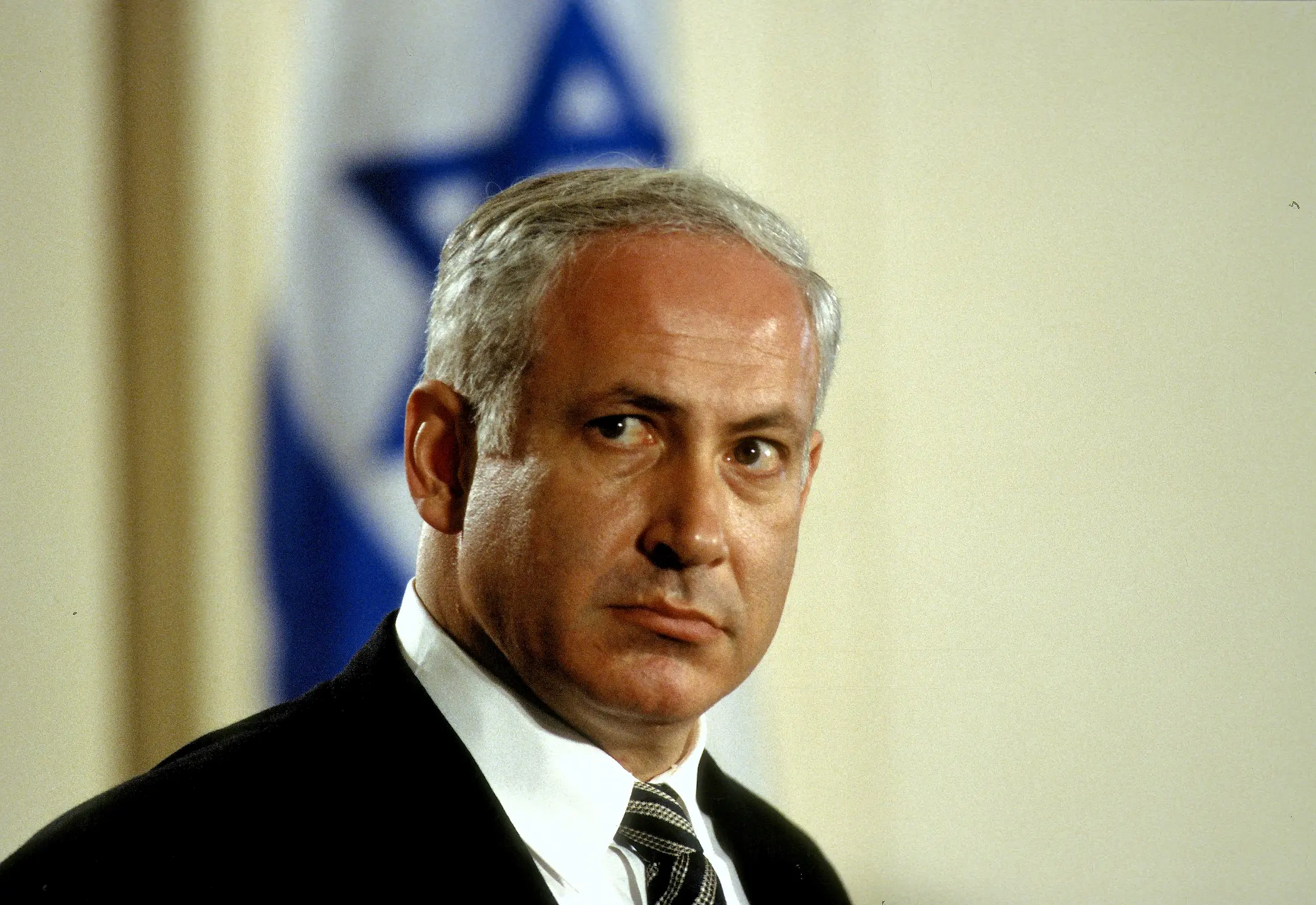
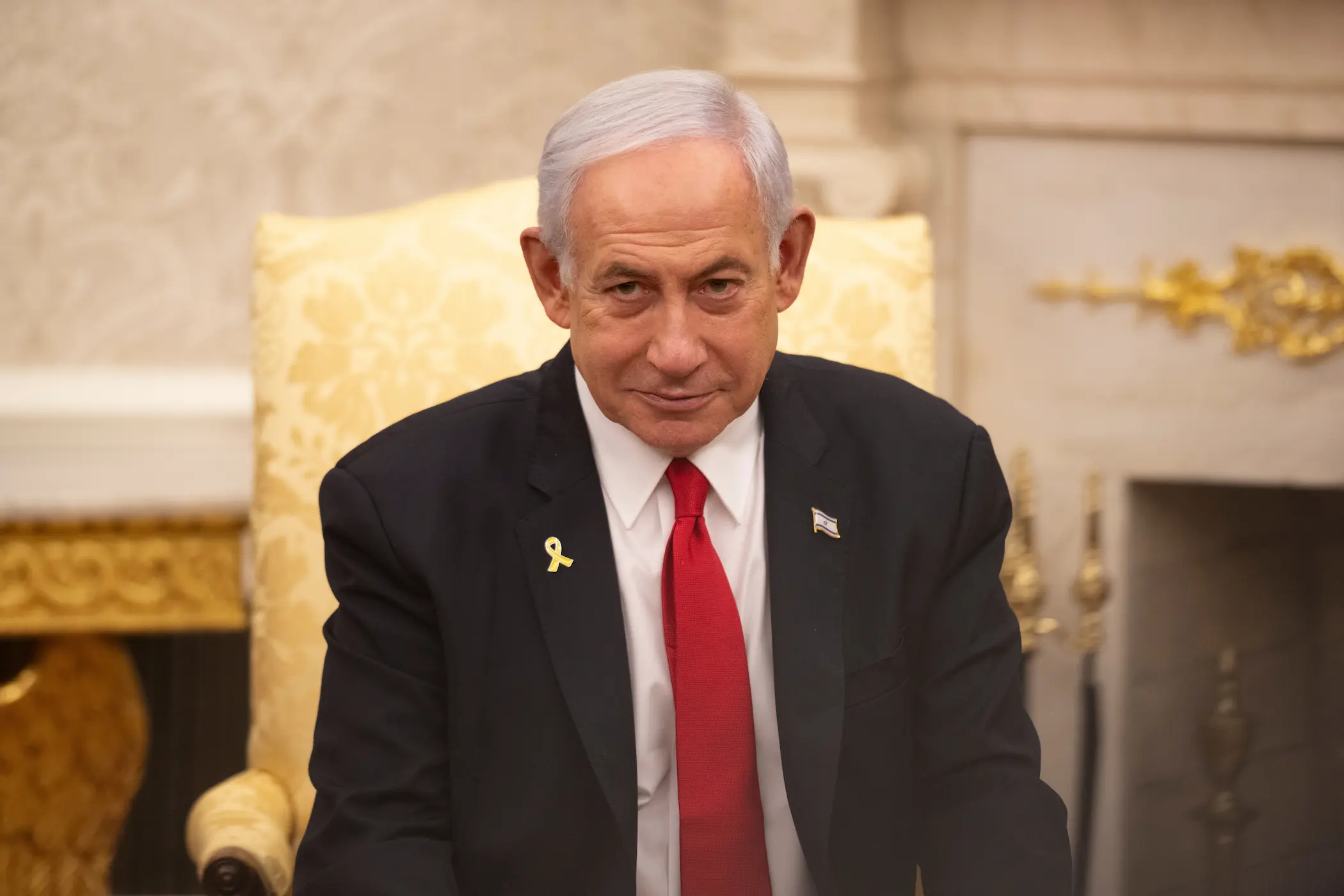
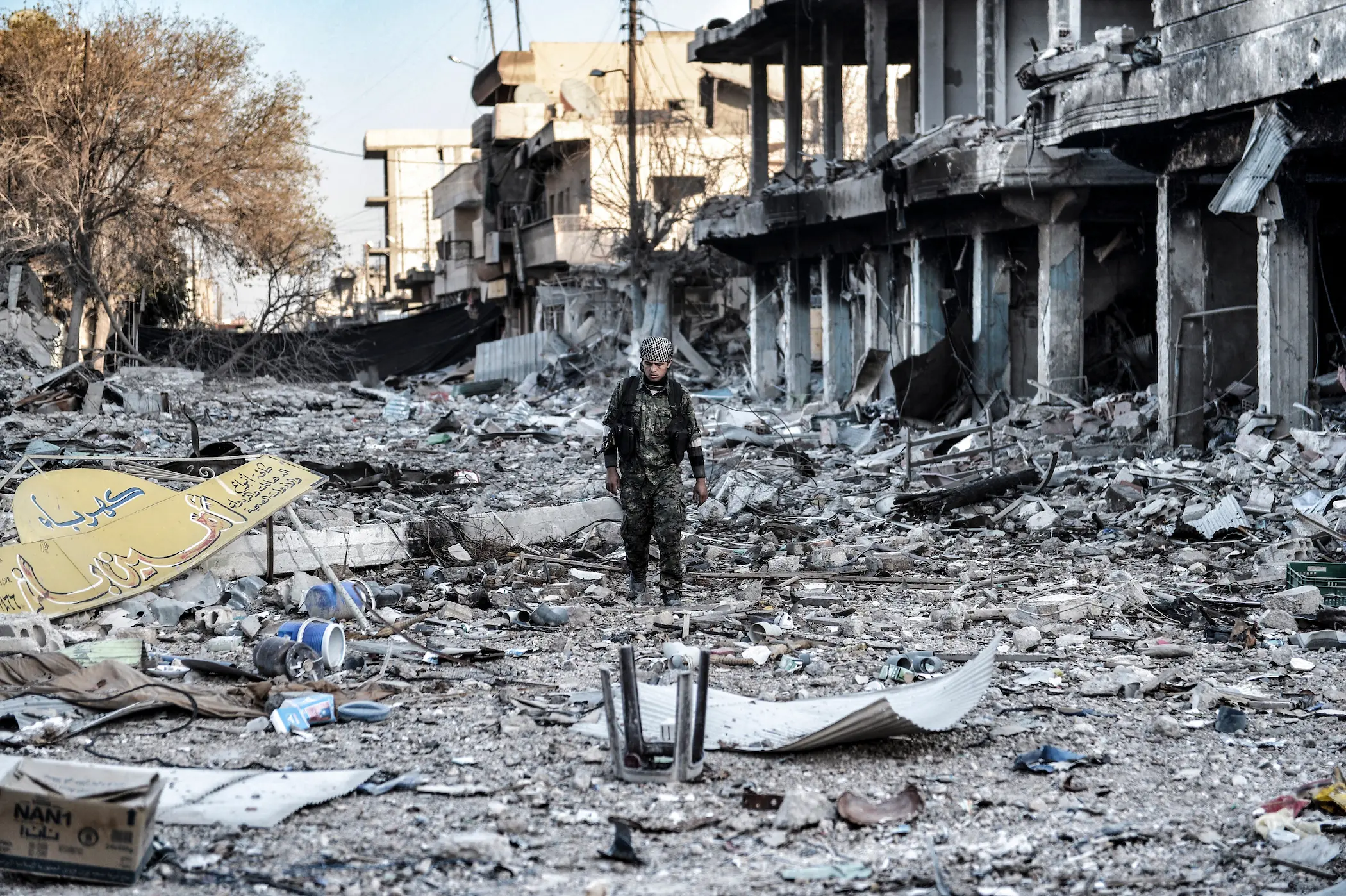




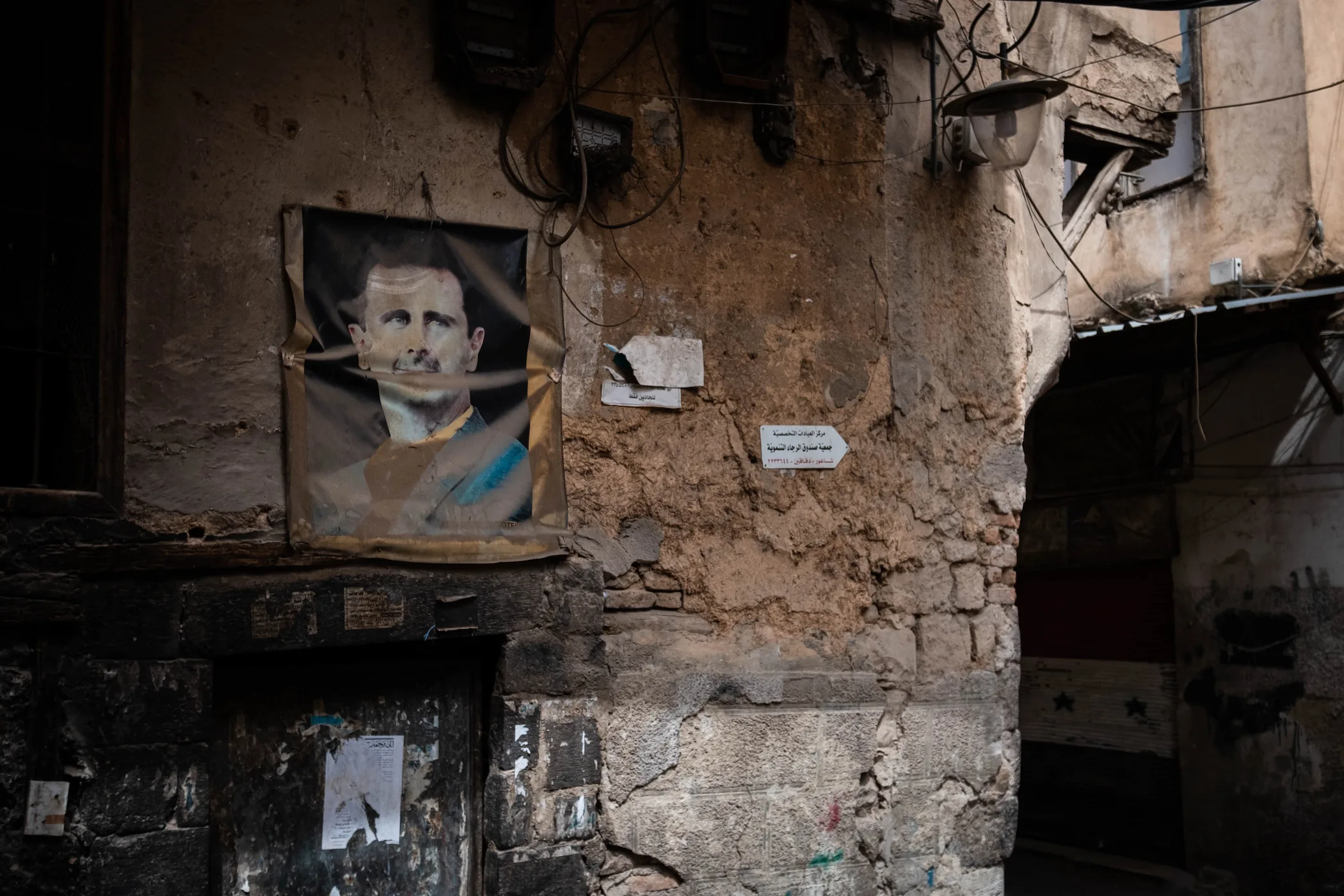
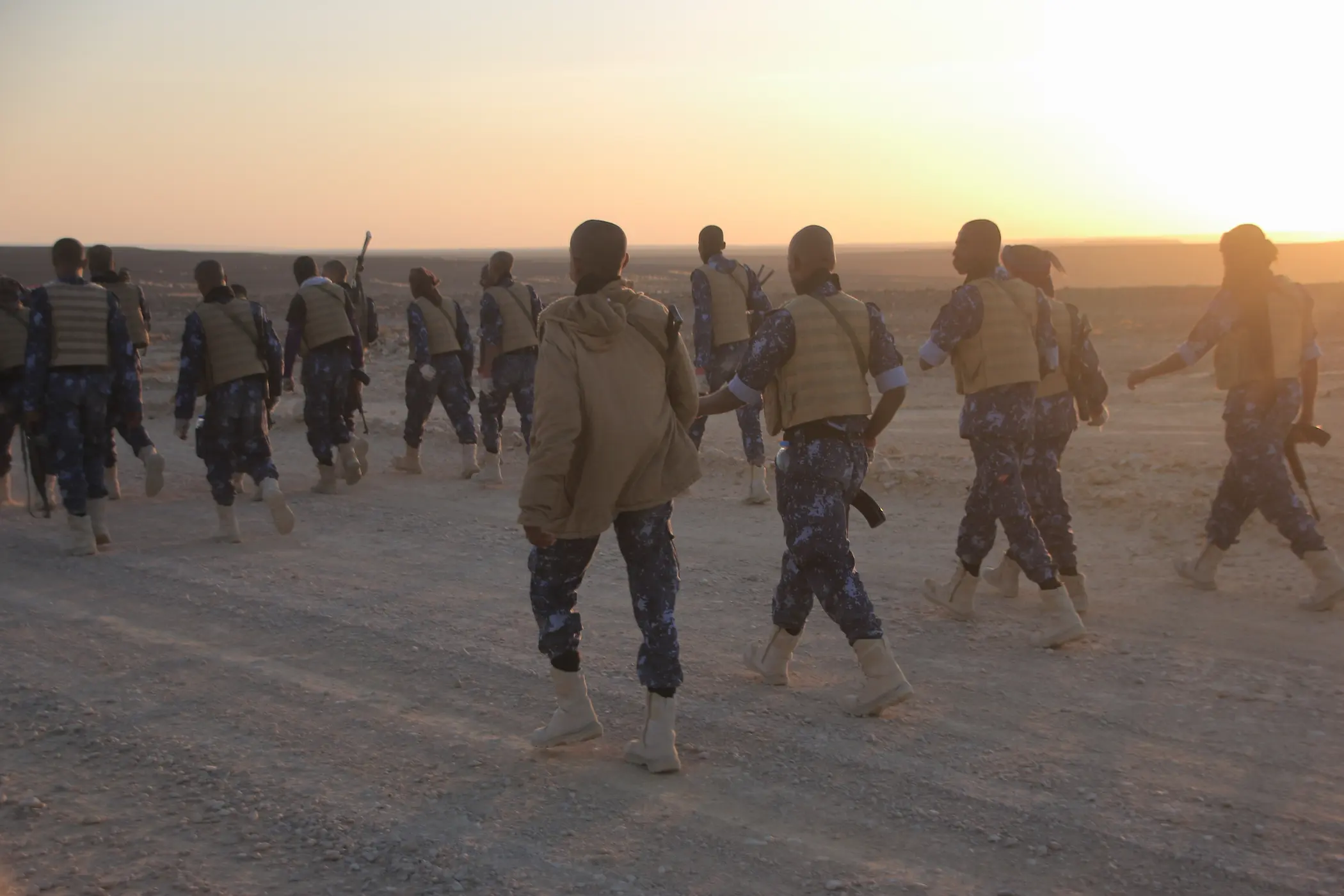


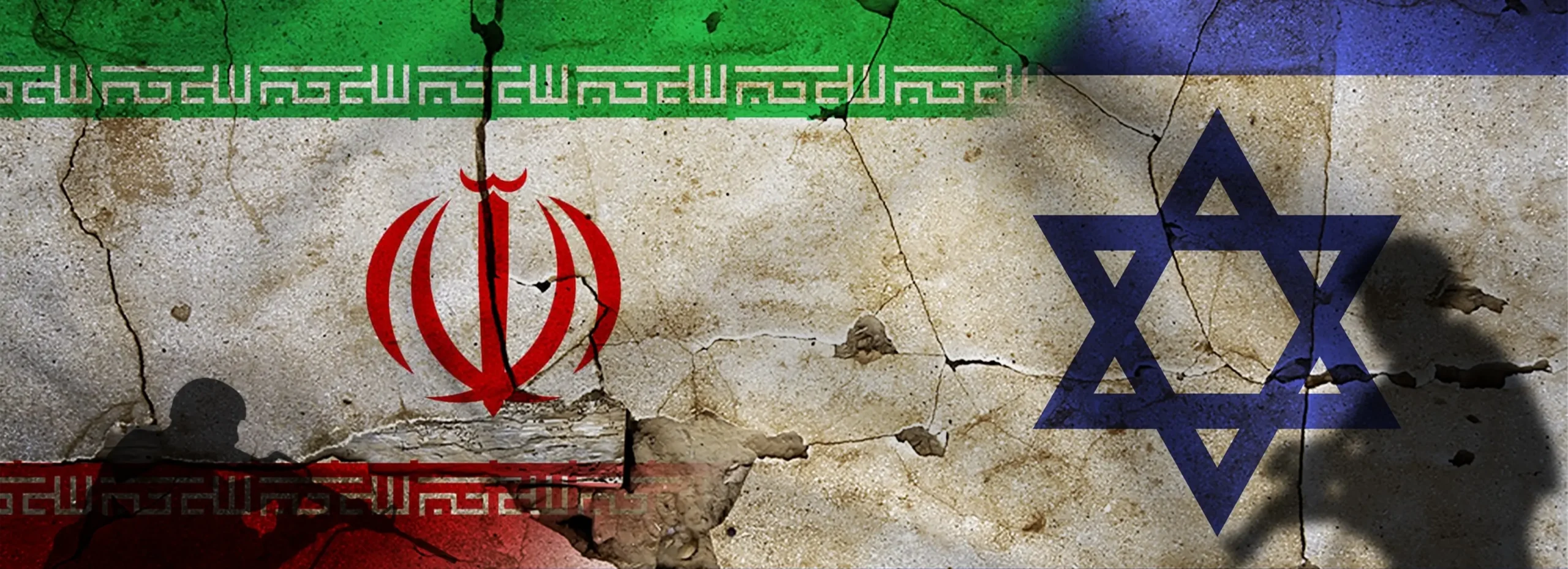

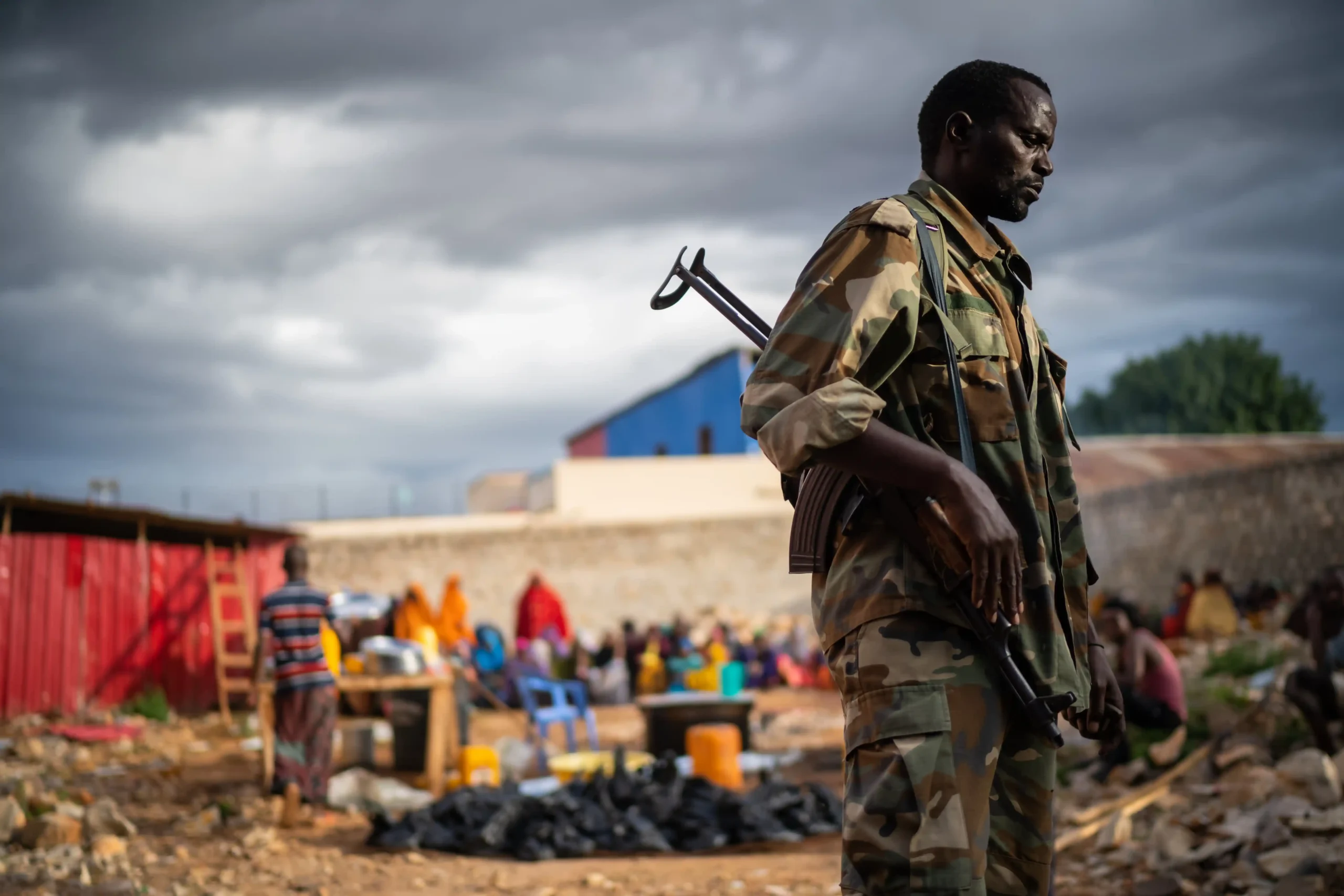
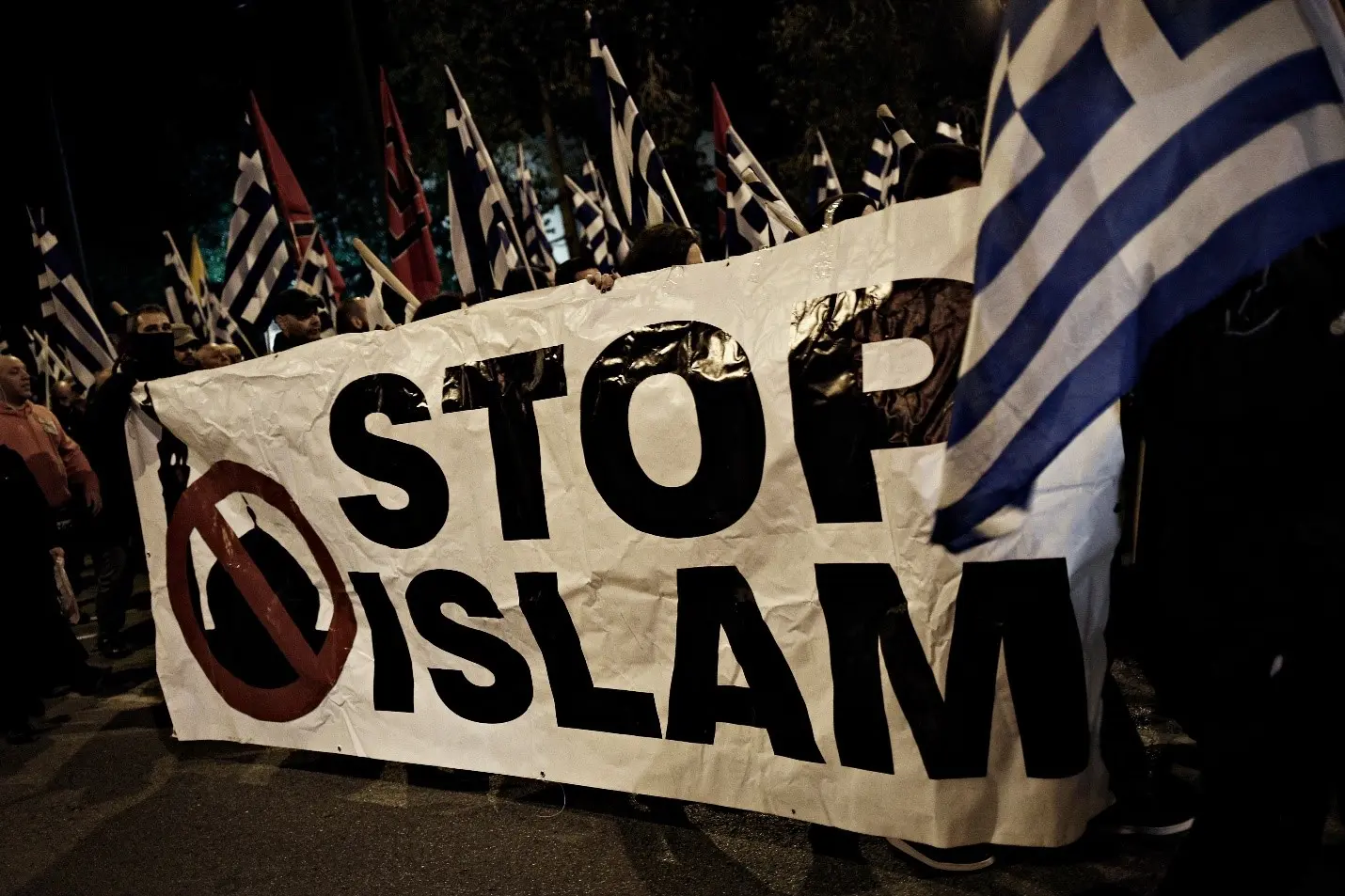
Comments